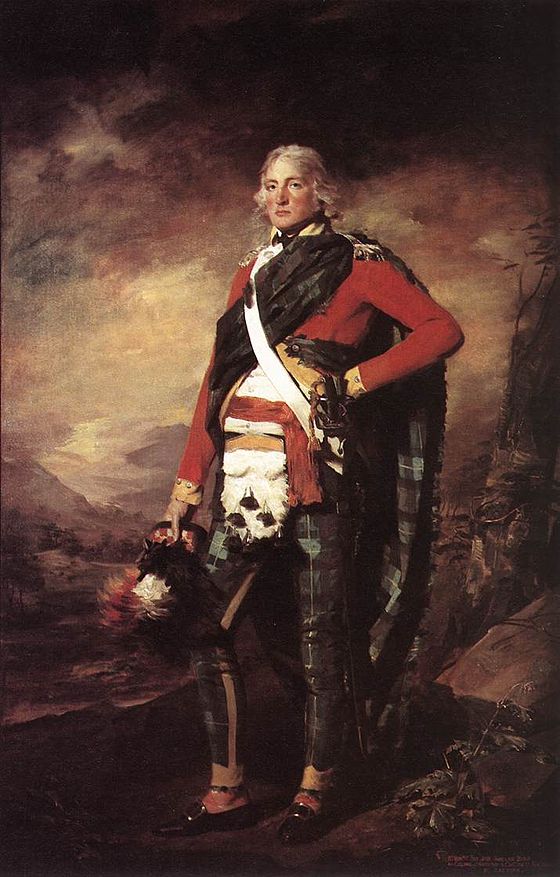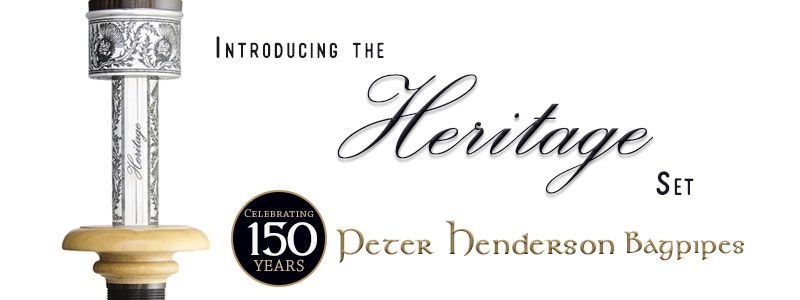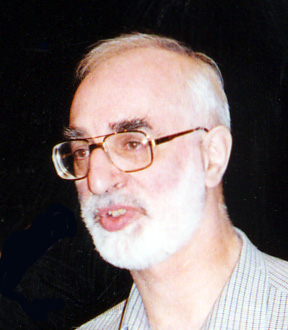Major Gordon, 2nd regiment
George Robertson Esq. Albany Street
From an unusually great number of Pipers who came forward to the competition, the Judges at a previous Rehearsal, selected sixteen who were to compete for the Prizes; this was a duty of no little difficulty , from the general excellence of the whole as players. The Competition began precisely at 12 o’ clock and the Theatre soon after was crowded in every part. The boxes and the pit were occupied by a very fashionable company; and in the boxes particularly , there was a most elegant assemblage of Ladies, many of whom wore tartan bonnets, scarfs, or other ornaments appropriate to this national Exhibition. Most of the Judges were in Highland dress.
All the competitors were greatly applauded by the audience – The Highland Dancing particularly appeared to afford great delight; the Dancers, indeed, were generally good, some of them excellent, and they certainly did not spare exertion to give proper effect to their native reels and strathspeys in which they were generally encored.
The competition of the performers did not terminate till past three o’ clock. The Judges then retired, and remained in deliberation about half an hour; the audience being in the meanwhile amused by some select tunes, played by the competitor who won first prize last year, and by the Highland dancing, which was kept up with great spirit during the interval. On their return the Prizes were announced by their Preses, Sir John Sinclair, to have been awarded as follows, viz. –

The first Prize, inelegant and superbly mounted Bag-pipe, to John Mackenzie, piper to Duncan Davidson Esq. of Tulloch, who gained the 2nd prize in the Competition last year.
The Third to John Cameron, piper to the 5th Lanarkshire Local Militia
The Fourth to Donald Macdonald , son of Donald MacDonald, pipe-maker to the Highland Society of London – and
Robert Wallace comments: It is unlikely any MC would get away with such royal fawning today, but this report gives us an interesting insight into the social and political mores of the early 19th century. Upper class Edinburgh was still in thrall (obviously) of the visit of King George IV the previous year.




















If we want pipers to stop spending so much time on stage hunting for the perfect sound then judges need to stop putting sound above all else. Why would you waste a year’s preparation for the sake of sparing your audience a couple of minutes of tuning?
We certainly have something to learn from this account. How to capture that kind of atmosphere is a huge if not impossible challenge.It seems that the attire was an important part of the affair. Such grand clothing would have been expensive for individuals unless they had sponsorship from employers etc. As to the tuning,we have to address that sooner or later. I might have been as bad offender as anybody, but there are a lot of guilty pipers re the interminable tuning and they are often among the most successful players. It can be nice to hear a brief preamble to a performance and it can settle the audience,the bagpipe and indeed the player.but the pursuit for a particular sound in the hope that it will sustain throughout a 15 to 18 minute performance or maybe more, in the pursuit of winning a prize, sometimes largely or wholly based on the bagpipe sound is often a turn off for an audience, including the hardened enthusiasts. “Novelty” playing or presentation of ceol mor tunes may catch the ear from time to time, but the tuning aspect should be tackled by teachers, pipers, and competition organisers as audiences should really get greater respect. There is a prestigious competition that I have attended only once as a spectator and is now being Live Streamed and one of the comments that everybody seems to make is in relation to tuning periods. I do not intend going to the venue to listen to nearly two hours of tuning, from the most experienced and successful competitors.
Duncan Watson